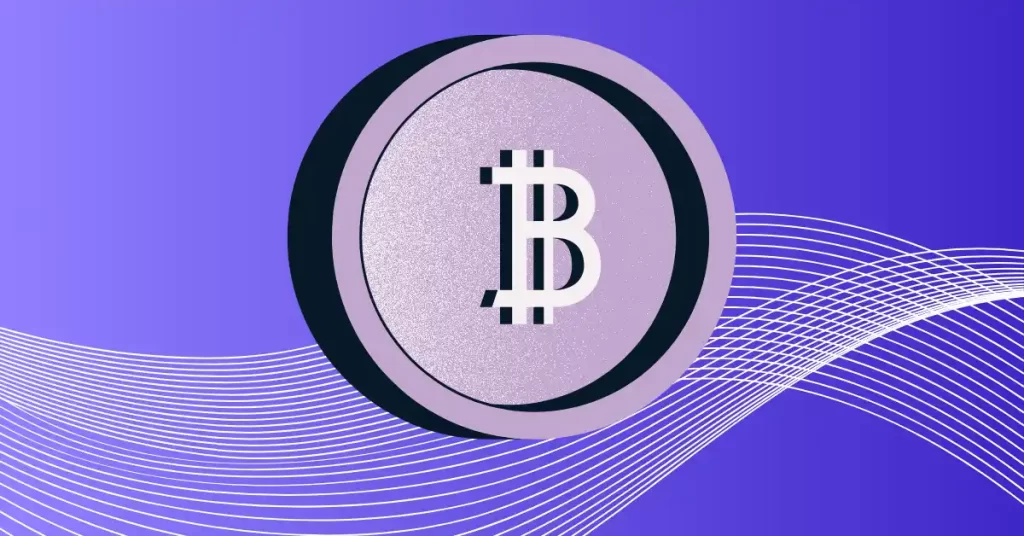Introduction: Unveiling the Power of Bitcoin
In the fast-paced realm of digital finance, few innovations have been as groundbreaking as Bitcoin. Since its inception in 2009 by the mysterious figure known as Satoshi Nakamoto, Bitcoin has captivated the world with its promise of decentralized, peer-to-peer transactions. This cryptocurrency, underpinned by the ingenious technology of blockchain, has challenged traditional notions of currency and revolutionized the way we perceive and conduct financial transactions.
At its core, Bitcoin operates on a principle of transparency and decentralization. Unlike traditional fiat currencies, it is not governed by any central authority or government. Instead, transactions are recorded on a public ledger accessible to all participants in the network. This unique feature not only ensures security but also empowers individuals with a level of financial autonomy previously unseen in the modern financial system.
The process of Bitcoin mining, a vital element in the ecosystem, introduces a competitive aspect to transaction validation. Miners, equipped with powerful computational resources, vie to solve complex cryptographic puzzles. This race to validate transactions and add new blocks to the blockchain not only maintains the integrity of the network but also rewards miners with newly minted Bitcoins, ensuring a controlled and predictable supply.
Beyond its role as a digital currency, Bitcoin has emerged as a store of value, often likened to precious commodities like gold. Its capped supply of 21 million coins and increasing adoption by institutional investors have solidified its position as a potential hedge against inflation and economic instability.
In this comprehensive guide, we will delve into the intricate workings of Bitcoin, exploring its genesis, transaction mechanics, mining intricacies, and its evolving role in the broader financial ecosystem. We will also address some of the challenges and concerns that accompany its meteoric rise. Join us on this journey through the dynamic world of Bitcoin, where innovation meets finance, and where the potential for transformative change knows no bounds.
Unraveling the Genesis of Bitcoin
In the realm of digital finance, Bitcoin stands as an unparalleled pioneer. Launched in 2009 by an anonymous entity known as Satoshi Nakamoto, Bitcoin introduced a groundbreaking concept: a decentralized, peer-to-peer digital currency. Its inception marked a paradigm shift in the traditional financial landscape.
Bitcoin operates on a technology called blockchain, a distributed ledger that records all transactions across a network of computers. This transparency and decentralization are key features that distinguish Bitcoin from traditional fiat currencies. It allows for secure, borderless transactions without the need for intermediaries like banks.
The Mechanics of Bitcoin Transactions
Understanding how Bitcoin transactions work is fundamental to grasping the essence of this cryptocurrency. When a user initiates a Bitcoin transaction, it is broadcasted to the network, where it awaits verification by miners. These miners play a crucial role in validating and adding transactions to the blockchain.
Miners compete to solve complex mathematical puzzles, and the first one to solve it gets the privilege of adding a new block to the blockchain. As a reward for their efforts, the miner receives a certain number of newly created Bitcoins. This process, known as mining, ensures the security and integrity of the Bitcoin network.
The Intricacies of Bitcoin Mining
Bitcoin mining is the backbone of the entire system, responsible for maintaining the integrity of the blockchain. It involves powerful computers, often referred to as miners, dedicated to solving complex cryptographic puzzles. The first miner to solve the puzzle gets to validate a block of transactions and is rewarded with newly minted Bitcoins.
As time progresses, the difficulty of these puzzles adjusts to ensure that new blocks are added to the blockchain roughly every 10 minutes. This delicate balance maintains the security and stability of the Bitcoin network. It's important to note that the total supply of Bitcoin is capped at 21 million, a deliberate design choice to instill scarcity and value.
Bitcoin as a Store of Value
One of the most compelling aspects of Bitcoin is its potential as a store of value. Often compared to precious metals like gold, Bitcoin is seen by many as a hedge against inflation and economic instability. Its fixed supply, combined with growing adoption, contributes to its potential as a long-term store of value.
In recent years, institutions and investors have shown increasing interest in Bitcoin as a means of diversifying their portfolios. This shift in perception from a speculative asset to a legitimate store of value has played a significant role in Bitcoin's journey towards mainstream acceptance.
Bitcoin's Role in the Financial Ecosystem
Bitcoin's impact extends far beyond its role as a digital currency. It has catalyzed a wave of innovation in the financial sector, giving rise to a myriad of cryptocurrencies and blockchain-based projects. Additionally, it has sparked discussions about the future of money, central banking, and the broader financial system.
Blockchain technology, the backbone of Bitcoin, has found applications in various industries beyond finance, including supply chain management, healthcare, and voting systems. This versatile technology has the potential to revolutionize how we conduct transactions and secure sensitive information.
Addressing Concerns and Looking to the Future
While Bitcoin has achieved remarkable success, it is not without its challenges. Scalability, regulatory uncertainties, and energy consumption are among the issues that the Bitcoin community continues to grapple with. As the technology evolves, solutions are being developed to address these concerns.
Looking ahead, the future of Bitcoin holds immense promise. As adoption continues to grow and technological advancements are made, Bitcoin's potential to reshape the global financial landscape becomes increasingly evident. Its journey from a whitepaper to a transformative force in finance is a testament to the enduring power of innovation.
In conclusion, Bitcoin's emergence has ushered in a new era of digital finance, challenging conventional notions of currency and transactions. Its decentralized nature, coupled with the underlying blockchain technology, has the potential to revolutionize not only finance but various industries worldwide. As Bitcoin continues to evolve, it remains a fascinating and dynamic force in the ever-changing landscape of modern finance.












